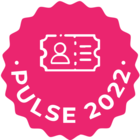This checklist helps Gainsight customers evaluate their community’s compliance with the European Accessibility Act (EAA) and improve accessibility through technical testing and configuration best practices.
Overview
Gainsight is committed to building inclusive digital experiences across its Customer Communities platform. This Accessibility Testing Checklist helps community admins and managers ensure their configurations comply with the European Accessibility Act (EAA) and WCAG 2.1 & 2.2 AA standards.
While Gainsight maintains an accessible infrastructure, customization, such as styling, widgets, and content, can introduce risks. This checklist outlines key areas to review, including:
- Color contrast
- Alt text for images
- ARIA labels for screen readers
- Tap or keyboard accessibility
- Compliance documentation
Gainsight recommends using this guide during implementation, testing, and regular maintenance to meet legal requirements and create a more usable experience for all visitors, including those using assistive technologies.
Check Your Accessibility Score
Before making accessibility improvements, it is helpful to understand your current standing. Gainsight recommends using Google's Lighthouse, a trusted, automated tool that evaluates web accessibility based on WCAG guidelines.
Follow these steps to get your baseline score:
- Navigate to https://pagespeed.web.dev
- Enter your community domain.
- Click Analyze.
- Scroll to view the Accessibility score.
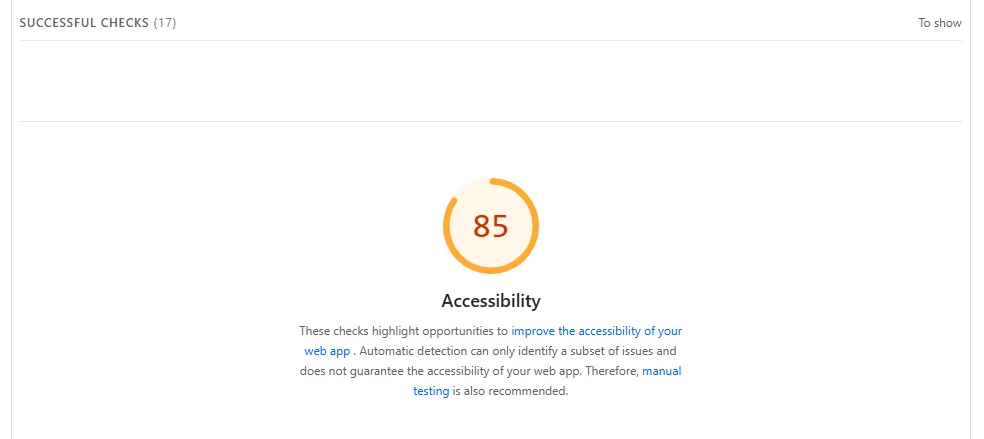
Note: While automatic tools identify most of the common issues, additional manual testing is also recommended.
Ensure Sufficient Color Contrast
Gainsight enables customers to control community color settings. While this supports brand customization, it may introduce accessibility risks.
Requirements:
- Use a minimum contrast ratio of 4.5:1 for body text.
- Use at least 3:1 for non-text UI elements (for example, buttons).
- Avoid combinations like yellow text on a white background.
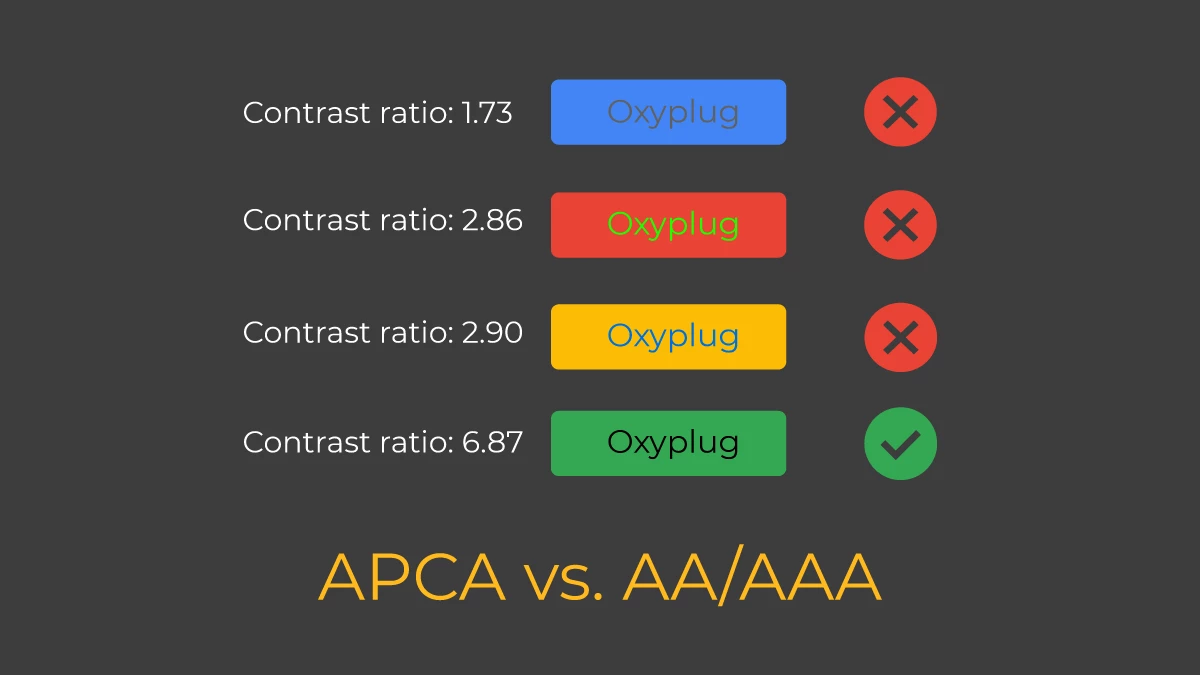
Check font and background contrast for all elements, including:
- Widgets
- Cards
- Buttons
Add Descriptive Alt Text to Images
Alt text ensures that screen readers can describe images to users with visual impairments.
For the following Out-of-the-Box widgets, ensure all images include descriptive alt text:
- Quick Links
- Banner
- Custom Pages
- Overview Pages
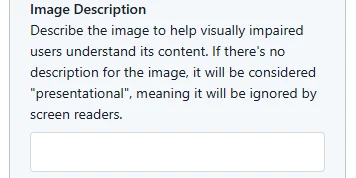
Note: If an image is decorative only (for example, color blocks), leave the alt text field blank.
For Custom Widgets, add alt attributes manually in the HTML of your custom widgets.
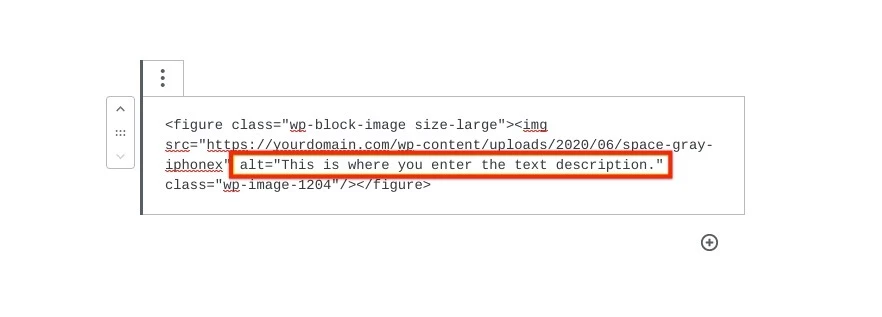
Use ARIA Labels for Custom Elements
When customizing your Gainsight Community, especially with custom HTML or CSS, it is essential to ensure that assistive technologies such as screen readers can interpret and navigate your content accurately. ARIA (Accessible Rich Internet Applications) labels make this possible by providing descriptive metadata about elements that may not be inherently accessible.
Use ARIA attributes to describe the role, state, or function of custom buttons, interactive elements, or dynamic content. This helps users relying on screen readers understand how to interact with your community's features.
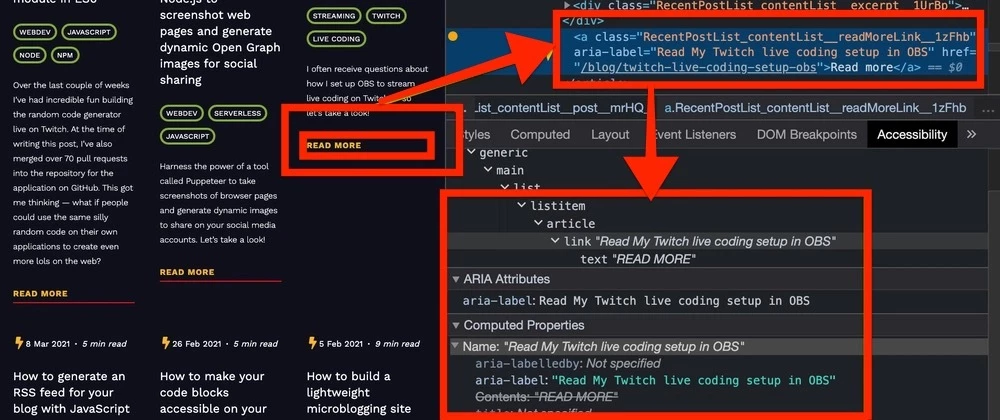
Avoid Auto-Play, Auto-Scroll, or Tap-Only Triggers
Automated behaviors such as videos that auto-play on load or content that scrolls automatically can create significant barriers for users with visual, cognitive, or motor impairments. These actions can disorient users, interfere with assistive technologies, or prevent keyboard navigation.
To support accessibility and comply with WCAG and EAA guidelines, ensure that:
- Videos or audio files do not auto-play unless user-initiated or fully controllable (with pause or stop options).
- Auto-scrolling or auto-advancing elements (for example, carousels, sliders) are disabled or include pause controls.
- Interactive content (such as buttons, modals, tabs) can be triggered using both keyboard (Enter, Space) and screen readers, not just a mouse or tap.
Additional Tips for Technical Testing
Use these techniques to validate accessibility:
- Use automated tools like Axe, WAVE, Pa11y.
- Test keyboard navigation (Tab, Shift+Tab, Enter, Escape).
- Include participants with varied accessibility requirements during usability testing.
- Offer a feedback mechanism for users to report accessibility issues.
Maintain Compliance Documentation
Accessibility is not just a best practice; it is a legal requirement in many regions, including under the European Accessibility Act (EAA) and WCAG 2.1 and 2.2 AA guidelines. To demonstrate conformance and support audits, Gainsight recommends maintaining clear, organized documentation of your community’s accessibility practices.
Key Documentation to Maintain:
- Accessibility Statement: Publish a public-facing statement outlining your commitment to accessibility, known limitations, and how users can request support.
- Testing Methodology: Document your accessibility testing process, including tools used (for example, Axe, Lighthouse, screen readers), manual procedures, and frequency.
- VPAT or Conformance Report: Prepare a Voluntary Product Accessibility Template (VPAT) or equivalent conformance documentation that maps your platform’s accessibility against WCAG 2.1 and 2.2 AA standards.
Summary: What to Check
| Area | Action |
| Color Contrast | Ensure compliant contrast ratios (4.5:1 for text, 3:1 for UI) |
| Alt Text | Add alt text to all images or leave empty if decorative |
| ARIA Attributes | Add where custom elements are used |
| Auto-Play or Scroll | Provide manual controls to pause, stop, or navigate content |
| Keyboard Navigation | Validate that all content is usable without a mouse |
| Feedback Mechanism | Include a way for users to report accessibility issues |
| Documentation | Maintain testing logs and publish accessibility statements |
For more information on how to use this checklist or to clarify any of the steps, comment directly on this article.
For broader questions about accessibility configurations or best practices within Gainsight Customer Communities, start a new topic in the Gainsight Community to engage with our team and other users.
